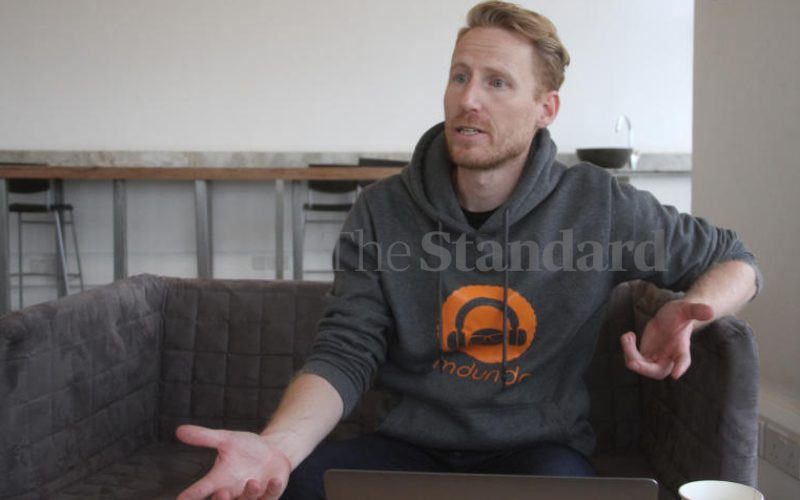×
The Standard e-Paper
Fearless, Trusted News

In 2013, Martin Nielsen, together with some friends among them Francis Amisi popularly known as Frasha - a member of Kenyan music trio P-Unit - partnered to form Mdundo, a music distribution platform.
The now decade-old business boasts of having over 100,000 musicians with accounts on the platform. Kenya alone has over 20,000 musicians on the platform.